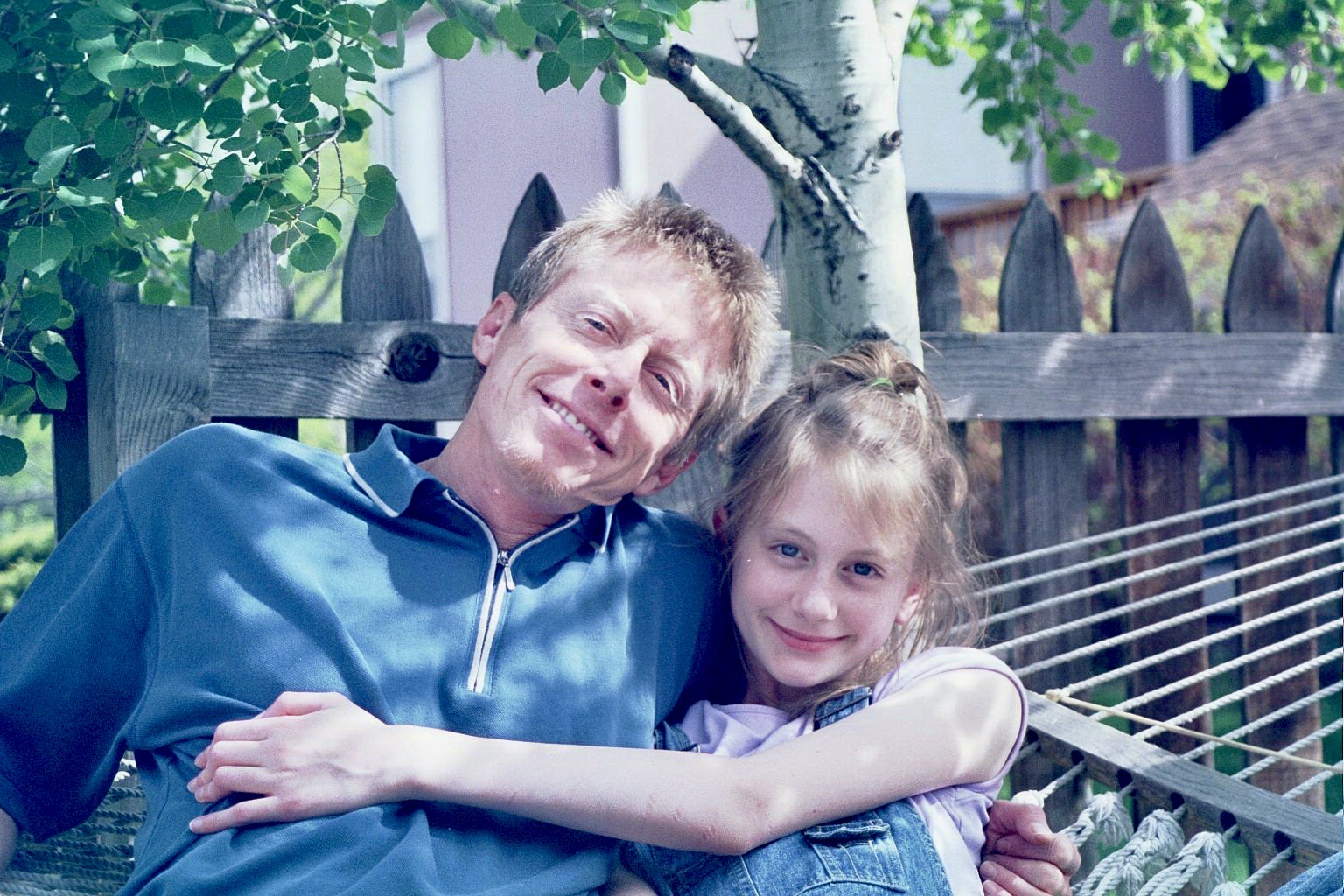
The universal body
of reality is so subtle that you
do not hear it when you deliberately
listen for it, and you do not see it when you
look at it. As for the pure knowledge that
has no teacher, how can it be attained
by thought or study?

The universal body
of reality is so subtle that you
do not hear it when you deliberately
listen for it, and you do not see it when you
look at it. As for the pure knowledge that
has no teacher, how can it be attained
by thought or study?

it is not something you can attain by embellishment
The Canon is still full of old paper
seventeen-hundred tangled vines
who can see through the mess
one thought is still too many
Red Pine’s “The Zen Works of Stonehouse”

When you hold on to something,
don’t let the smallest hair show. When you let go of
something, let it go in all directions. Meeting in heavy mist,
we turn out to be at the top of a thousand peaks.
Starting at the top of a thousand peaks we
turn out to be in heavy mist.
Today I am at Fuyuan Temple
inaugurating this hall and preaching the Dharma.
Yesterday I was outside my hut at Sky Lake ploughing in the clouds.
Thus it is said that the Dharma has no fixed shape but adapts to conditions.
It stirs the wind of perfect stillness and makes effortless
transformation possible. But at this moment,
what is it like?
Only after ninety thousand
miles does the P’eng unfold its wings.
Only after a thousand miles does
the crane take flight.
Red Pine’s “The Zen Works of Stonehouse”

Let go of hundreds
of years and relax completely.
Open your hands and walk, innocently.
Thousands of words, myriad interpretations,
are only to free you from
obstructions.

Wherever and whenever
the mind is found attached to anything,
make haste to detach yourself from it. When you tarry
for any length of time it will turn again into
your old home town.